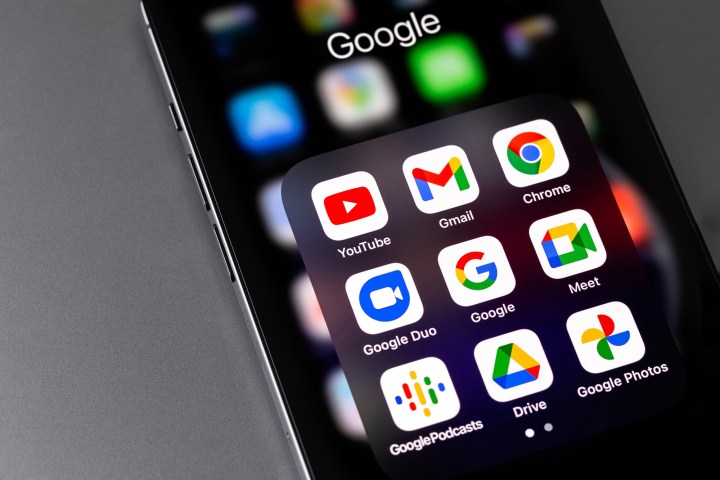Google has confirmed it will begin deleting inactive accounts on its network in an effort to preserve space and maintain security.
Having first broached the idea in 2020, Google then detailed its plans of removing content from seemingly abandoned accounts while leaving the accounts themselves accessible, 9to5Google noted.

Google has since updated its inactive account policy, sharing in a blog post on Tuesday that it will start purging Google accounts that have not been accessed in two years starting in December 2023. Accounts and all personal information and data associated with the accounts are subject to erasure if users fail to log in before the designated time. These include Gmail messages, Calendar events, Drive, Docs, other Workspace files, and Google Photos backups.
This deadline will give users ample time to get in good standing with Google and save their accounts, as the brand plans to send out several warning emails to account holders and any backup emails that are on file. Google also said it is planning a staggered strategy for purging accounts, focusing first on “accounts that were created and never used again.”
Some accounts will be exempt from deletion if they happen to remain inactive, such as those that are connected to YouTube channels. Overall, the brand is focusing on free Google Accounts rather than enterprise or educational accounts.
Google also detailed the many activities you can do that count toward keeping your account.
- Logging in periodically, being logged in, and performing basic tasks.
- Reading or sending an email.
- Using Google Drive.
- Watching a YouTube video.
- Downloading an app on the Google Play Store.
- Using Google Search.
- Using Sign in with Google to sign in to a third-party app or service.
- Using a signed-in Android device.
- Having a paid subscription such as Google One, a news publication, or an app.
Google mentioned that inactive accounts also pose a security risk since many are 10 times less likely to have security measures such as two-step verification. This makes such accounts easier to infiltrate, especially during a time when AI is becoming more popular and can crack passcodes in minutes, if not seconds.
Google noted that adopting this policy aligns “with industry standards around retention and account deletion,” and that it is beneficial to users as it limits the amount of time the company can hold on to unused personal information.
Deleted Gmail addresses will not be available for reuse once they are gone, 9to5Google reports.


